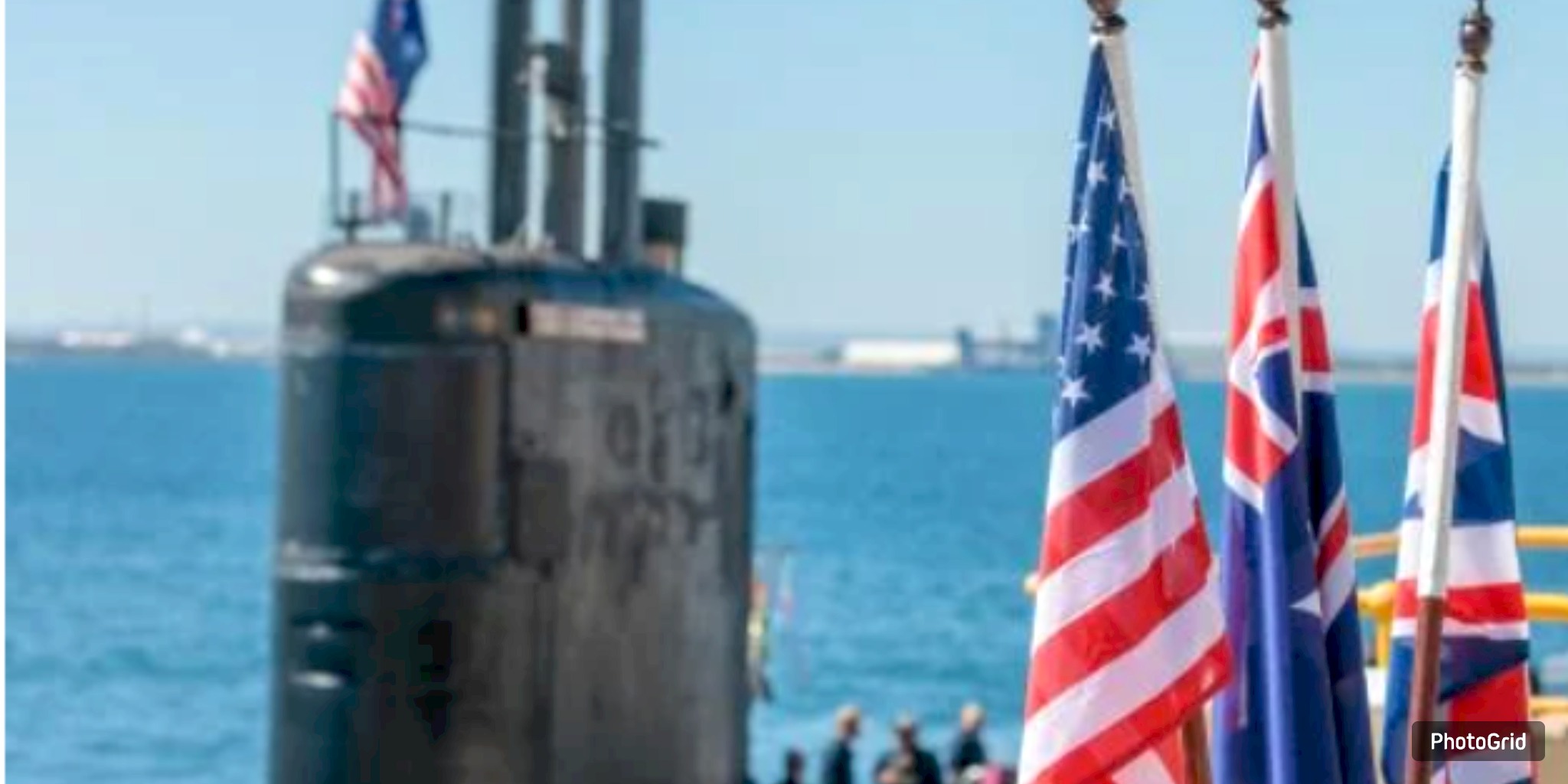


In a unifying step, lawmakers across party lines are urging the Trump administration to maintain the AUKUS partnership, which focuses on nuclear-powered submarines with Australia and the United Kingdom. They emphasize its critical role in the United States' strategy to counter China's growing influence in the Indo-Pacific region.
The Pentagon revealed two weeks ago its intention to reassess a four-year-old agreement. This pact involves the United States' commitment to supplying Australia with three to five Virginia-class submarines starting in 2032, alongside assistance in constructing additional vessels. Elbridge Colby, the Pentagon’s No. 3 official, is at the helm of a review that is anticipated to wrap up this fall. This assessment arises during a time of scrutiny regarding the United States' capacity to manufacture sufficient submarines for its needs as well as those of its allies.
“AUKUS plays a crucial role in enhancing deterrence in the Indo-Pacific and promoting undersea capabilities that will safeguard peace and stability,” stated Republican Rep. John Moolenaar of Michigan and Democratic Rep. Raja Krishnamoorthi of Illinois in their letter to Defense Secretary Pete Hegseth on July 22.
The $269 billion agreement has encountered obstacles, notably the challenges faced by U.S. shipyards in achieving their production targets. Despite the Navy's directive to produce two Virginia-class submarines each year, shipyards have managed to make an average of only 1.2 annually since 2022, as highlighted in a report by the Congressional Research Service. A recent report cautioned that transferring the vessels to Australia might result in a significant shortfall of attack submarines for the U.S. Navy over the next twenty years.
In a significant move, Australia has committed $3 billion to enhance the U.S. submarine industrial base. This investment includes an initial $1 billion that has already been allocated, with an additional $1 billion expected to be disbursed by the end of the year.
Australian personnel have commenced training in U.S. shipyards and aboard submarines, which represents an important step in a wider technology-sharing agreement that encompasses undersea communications and the development of hypersonic weapons.
Kevin Rudd, Australia’s ambassador to the U.S., emphasized his country's staunch commitment to boosting defense expenditures aimed at enhancing the program and establishing “massively expensive full maintenance repair facilities” for U.S. vessels in Western Australia.
Experts and military representatives contend that AUKUS enhances U.S. deterrence by positioning advanced submarines nearer to disputed waters in the Western Pacific. “We must not settle for the existing speed of submarine construction,” emphasized Bruce Jones, a senior fellow at the Strobe Talbott Center. “The goal is to accelerate progress.”
Amidst apprehensions voiced by certain Pentagon officials, there is a notable and unified backing from Congress for AUKUS. Senator Tim Kaine from Virginia expressed his confusion regarding the review, stating, “Perhaps the analysis will conclude: We believe this is a positive development.”
















From breaking news to thought-provoking opinion pieces, our newsletter keeps you informed and engaged with what matters most. Subscribe today and join our community of readers staying ahead of the curve.